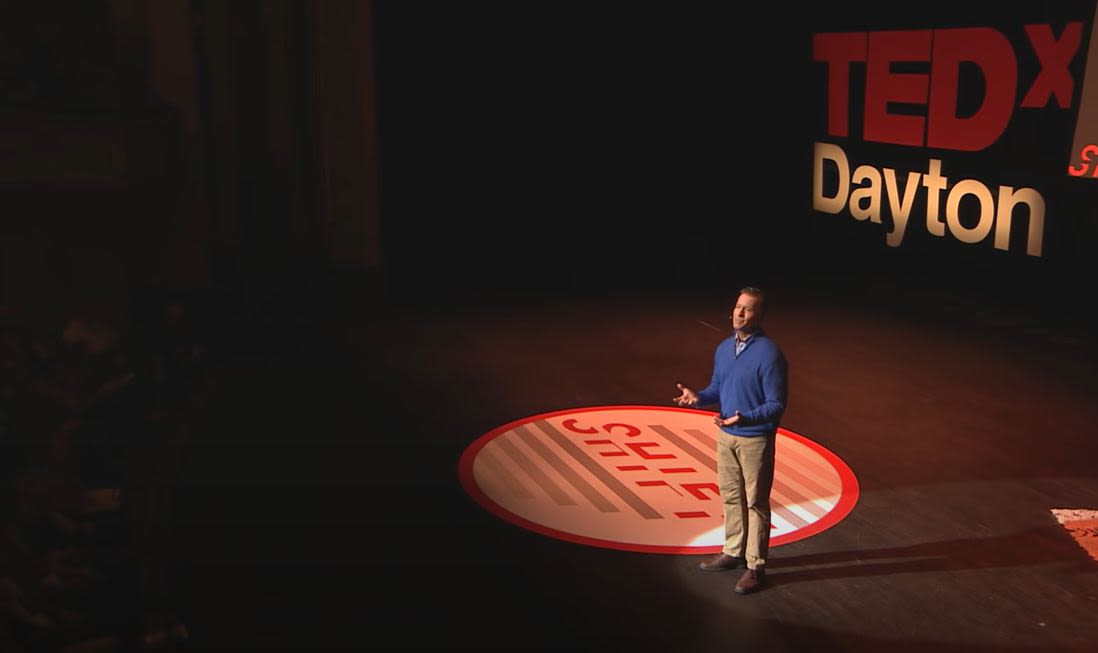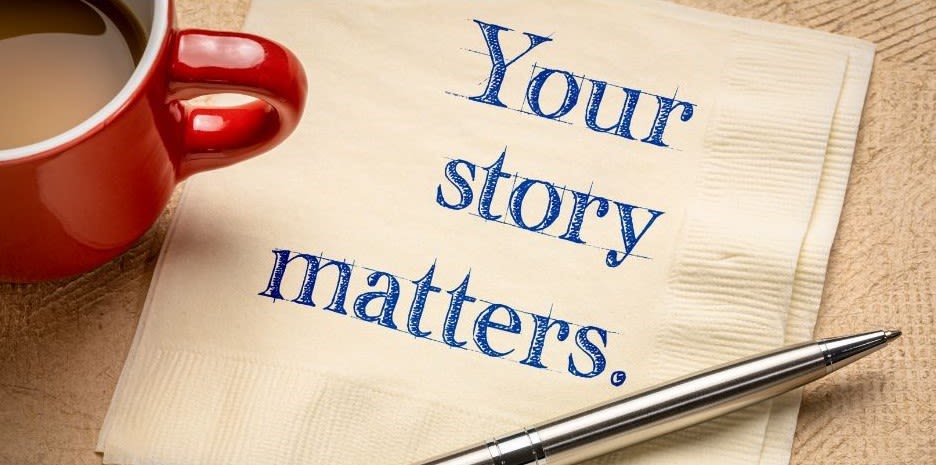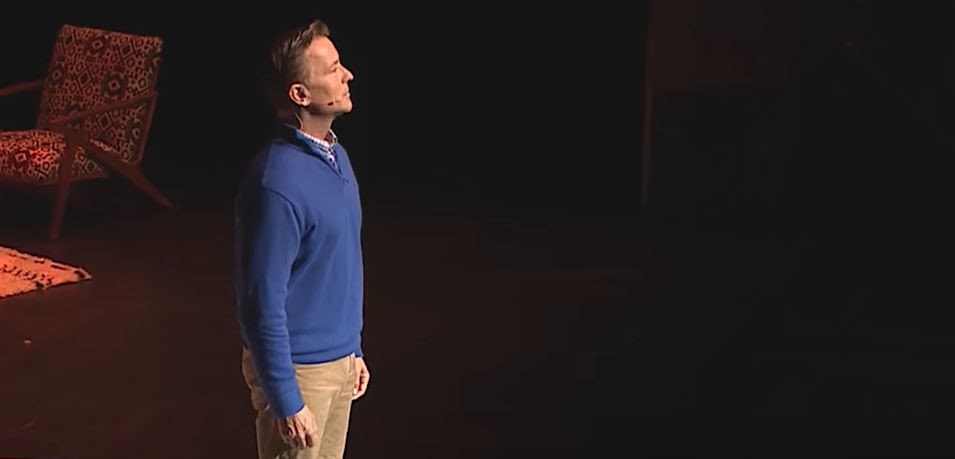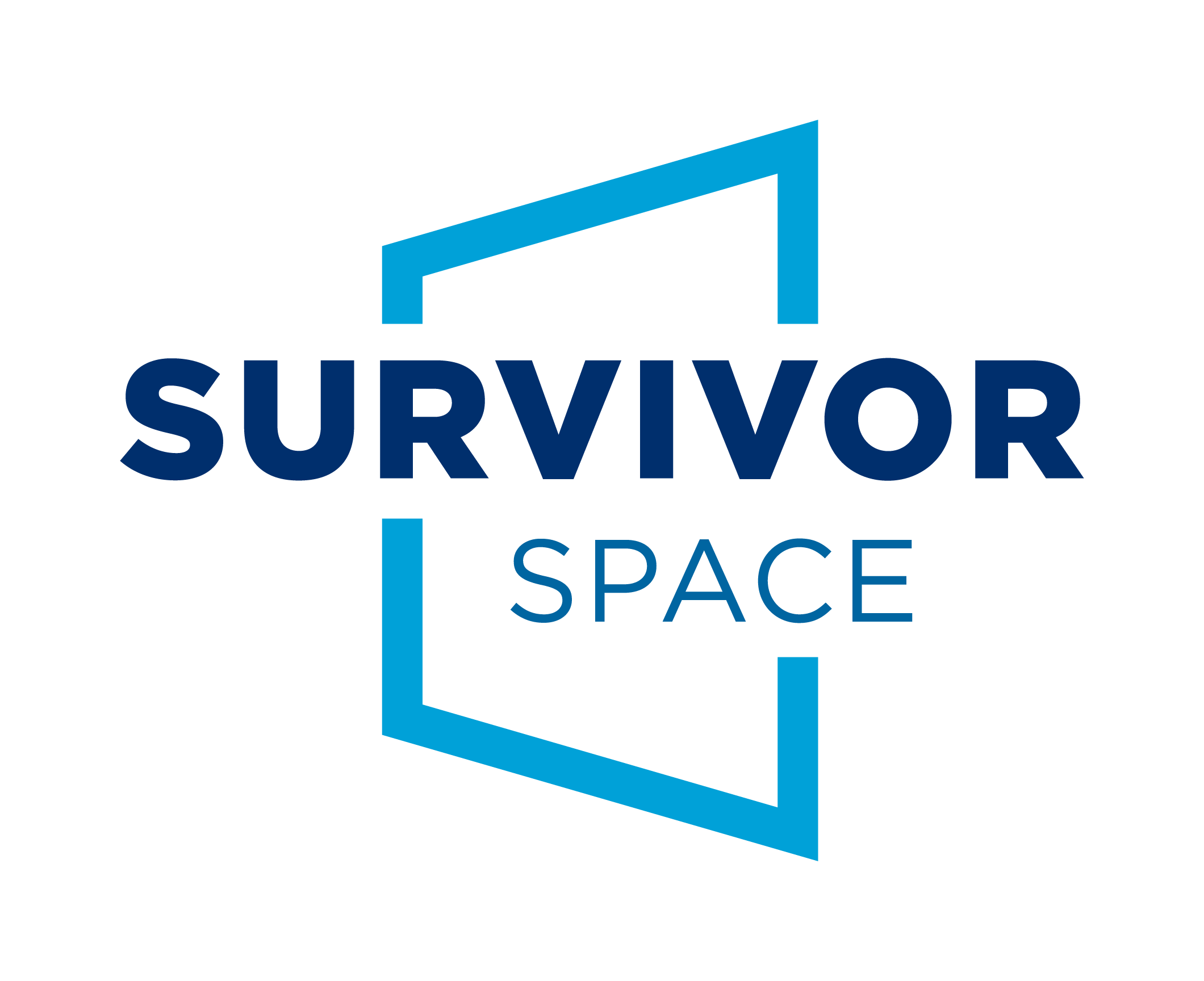Owning Your Story

Owning your story is the bravest thing you'll ever do. - Brené Brown
There seems to be a silent pressure for survivors to tell the world their sexual abuse story, shed light, and encourage others to share their stories. I understand that the more people share, the more chances the public will recognize that sexual abuse is an epidemic, doesn't discriminate by race, gender, socio-economic background, nationality, etc., and can create change.
I shared my story in a public setting because I needed to own, understand, and take responsibility for what happened to me. I was not interested in fame or gaining sympathy from others. I was more interested in placing myself in a position where I had to break my silence for my mental health. I carried my secret for years, dealing with triggers, panic attacks, anxiety, fear, shame, embarrassment, and the effects on my health, business, and relationships. I felt I needed to share publicly to expose this secret and how hiding it almost killed me. The suicide ideation made me realize that keeping silent was a death sentence for me. As I sat in the garage inhaling the exhaust fumes and hit bottom, I promised God that if I got through the attempt, I would share my story publicly in hopes of helping someone else see that no matter how hard it gets, they always have a choice. I wanted to show survivors can thrive, fulfill their dreams, and succeed.
Many men ignore or do not recall being sexually abused because of societal pressures, stigmas, and myths that males cannot be sexually abused. And many women are quieted and encouraged not to share.
Have there been times that I wish I didn't expose my secret to the world?
Many times. After breaking my silence with a TEDxDayton Talk, I discovered that many of my family members and friends distanced themselves from me as if I had a contagious disease. I felt alone and confused. I did not understand the distance and silence from those I thought would support me. My ego shouted this happened to me, and why are you shutting me out? It never dawned on me that maybe there was something that they were hiding, and I slammed it in their face. I shuddered because I desperately wanted to be honest and belong.
There seems to be this double-edged sword that sharing our stories will help us belong to a group of supportive people, and yet when we do share, we may discover that we no longer belong to a group of people we thought were supportive, which can cause us to feel alone. There may be an immediate response from a crowd of strangers applauding your courage and bravery, but the aftermath can seem silent and cause many feelings of paranoia and loneliness.
The need to belong causes many mixed emotions. Brené Brown shared that she tried to understand what it means to belong: "And I never thought of the concept of belonging…and belonging to something you negotiate with external groups of people, but it's not. And I found that true belonging is a spiritual practice, and it's about the ability to find sacredness in both being a part of something and the courage to stand alone."
I didn't want to stand alone. I felt alone all my life by hiding my secret and pretending it never happened. At the moment, I could not see that I belonged to a new and different group of people and supporters—all I saw was I was being abandoned by those I loved.


Photo by Caique Nascimento on Unsplash
Photo by Caique Nascimento on Unsplash
Survivors must remember that they control whether they want to share their experience through public speaking, writing, podcasts, blogs, or other media. Survivors must also remember that not publicly presenting their trauma is acceptable.
Survivors must also remember that it is not all or nothing; survivors may choose how, when, where, and how much they feel comfortable disclosing their stories. Survivors also have the right to decide not to share even after they have been asked to speak openly. Survivors must also understand the audience they are speaking to and adjust their presentation to fit that group. And finally, survivors need to remember that it is not what others expect but what is meaningful and safe for the survivor.
Standing alone is scary. Sharing your story reveals the risk of being a part of something different or moving away from something that seemed safe and comforting. We have spent our lives trying to hide or ignore the traumatic event(s). Facing the fear and sharing your story to be recognized as a part of something bigger is admirable, but is it the best practice for you? Before deciding to share publicly, survivors must have a clear mission. Maya Angelou said, "You only are free when you realize you belong no place – you belong every place – no place at all. The price is high. The reward is great."
Perry Powers stresses the importance of owning your story: "It's about taking full ownership over what happened to you and allowing yourself to actually spend time in that chapter of your life, rather than brush it under the carpet." Powers shares that when we ignore the trauma, we expose ourselves to the repercussions of the abuse and are vulnerable to triggers "to act as chains wrapped around us, pinning us down and sabotaging us at any given moment." By owning our story, we can write a new one, begin the healing journey, and become present.
Brené Brown states, "A collection of conversations, writings, and resources that show that when we own our stories, we get to write a brave new ending." She continues with, "We're wired for story. In a culture of scarcity and perfectionism, there's a surprisingly simple reason we want to own, integrate, and share our stories of struggle. We do this because we feel the most alive when we're connecting with others and being brave with our stories—it's in our biology."
According to Janessa Tan in her Thoughtful World article, "The Power of Storytelling: Why Sharing Your Story Enhances Your Wellbeing" states, "Clearly, sharing your story has the potential to help someone else feel less alone. Our stories are powerful because they evoke compassion even among strangers. We also create opportunities to understand others better and cultivate empathy towards them." She also shares the benefits of sharing your story:
- Sharing your story establishes common ground and empathy.
- Sharing your story helps us healthily cope with our emotions.
- Sharing your story improves our problem-solving skills.
Tony Robbins said, "Change your thoughts, change your life. How you think and view the world affects the story that will be told about your life. What we tell ourselves is what we believe." Survivors tend to create fabricated beliefs based on trying to understand and get through the trauma while it is happening. Dr. Shad Helmstetter explained that we create these beliefs based on what others tell us and what we tell ourselves. My teenage mind was not able to comprehend the adult aspect of the abuse, so I naturally gathered information from those around me, like the abusers and parents, and created the belief that this was all I was good enough for, which helped me at the time to get through these traumatic moments. I did not realize I carried these beliefs and false self with me, even though I tried to block out the event. So, when I decided to share my story publicly, I had to acknowledge the truth to myself first. Survivors' most crucial aspect is telling and accepting their stories for themselves.
There is power in sharing your story. - Glennon Doyle Melton

Even though I feared to stand on stage and face the packed audience, I found such power in releasing my story. The relief and freedom I experienced went beyond anything I ever expected. As I spoke the words, I found a sense of peace for owning my truth by sharing my story in a way that was right for me then. I realized there was no turning back as I said the last lines, "By standing in front of you today, I am breaking my silence; and I am creating a voice. I am no longer a victim; I am a survivor."
As the audience applauded, I also realized that I was sharing the tip of the iceberg, and there were more truths to unpack, more truths for me to own, and more stories to share. But I also realized it would be my choice as to when, where, and how I would share them.

References
Brené Brown, (155) Brené Brown Leaves the Audience SPEECHLESS | One of the Best Motivational Speeches Ever - YouTube and Brené Brown (brenebrown.com)
Glennon Doyle Melton: The World-Changing Power of Sharing Your Story | Entrepreneur
John-Michael Lander: “An Athlete’s Silence” John-Michael Lander: An Athlete's Silence | TED Talk
Perry Powers, Breaking the Silence: Stories From Survivors of Sexual Abuse
Tony Robbins, How to Change Your Story - Tony Robbins
Janessa Tan: The Power of Storytelling: Why Sharing Your Story Enhances Your Wellbeing (thoughtfull.world)

About the Author:
John-Michael Lander is a Survivor, Advocate & Public Speaker
He is also the founder of An Athlete's Silence: www.anathletessilence.com

Published by SurvivorSpace, an initiative of Zero Abuse Project
